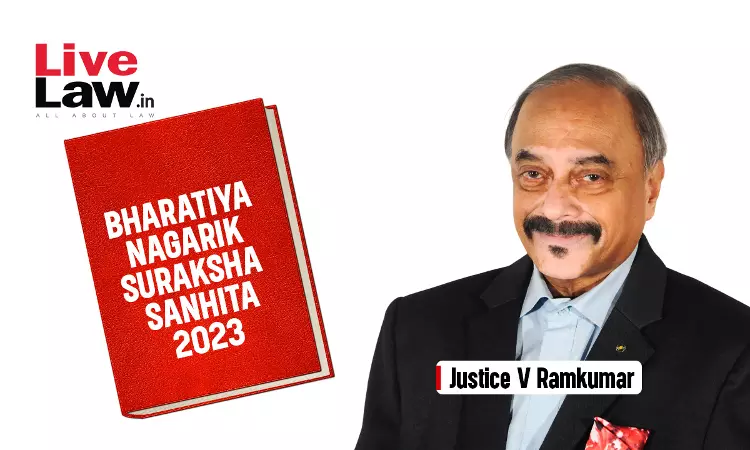Default Bail: The Infirmities Noted In Section 187 Of The Bharatiya Nagarik Suraksha Sanhita, 2023
Justice V Ramkumar
19 March 2024 1:58 PM IST

Next Story
19 March 2024 1:58 PM IST
C O N T E N T S Sl. Order. I N N E R T I T L E S Para No. 1 COMPARATIVE TABLE SHOWING SECTION 167 Cr.P.C AND SECTION 187 OF BNSS 2 MY COMMENTS ON SECTION 187 OF BNSS 1 to 6 3 The change from the “nearest judicial ...
